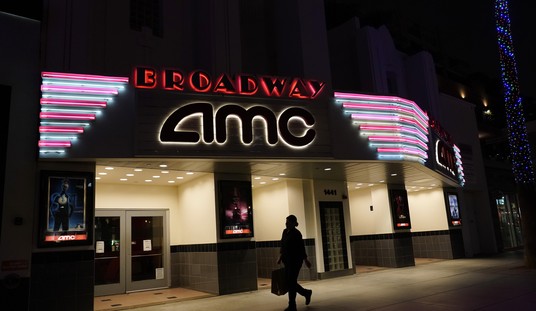One of the nice things about the 2010 midterm election was that we were largely spared triumphalist punditry about political “realignment.” After all, sentiment among conservatives and Tea Partiers was consistent with the polling data suggesting that the 2010 results were much more about stopping Pres. Obama and the Democrats than any great enthusiasm for or trust in the Congressional GOP.
Nevertheless, there have been some Dems bitterly clinging to the “emerging Democratic majority” thesis, i.e., that demographic changes in the electorate will soon put the Dems back in the dominant position they enjoyed for much of the 20th century. It shows up in this recent post-census Slate piece by Christopher Beam. The Weekly Standard’s Jay Cost does a nice job exposing one major weakness with the thesis — and if you read the whole thing, Jay links back to his prior dissections of the “emerging Democratic majority” thesis, all of which are pretty darn good.
However, there is a major problem with the “emerging Democratic majority” thesis that Jay adresses only obliquely. Those propagating or buying this thesis rely heavily on demographics because they are at least somewhat predictable. Yet discussions of realignment frequently leave out the role of historical events.
Anyone looking US history would surmise that events like the Civil War, the Great Depression and the capture of the liberal establishment by the New Left in the late 1960s to mid-1970s had a little something to do with major political realignments. It is understandable that people are loath to discuss “unknown unknowns.” Pundits and analysts cannot foretell the future, but it is foolish to invest in theories based on demographics without recognizing that historic unknowns are likely to significantly influence the outcome.
Indeed, the “emerging Democratic majority” thesis does not even account for at least one major “known unknown.” Given the current political environment, it is a very fair bet that in the US will ignore its debt problems until they mushroom into a crisis. We may not know exactly when this will occur, but it will be all the more shocking the longer it is downplayed by the governing and chattering classes.
The debt crisis has a potentially profound effect on political alignment in this country. It will almost certainly result in a downsizing and restructuring of the government in its current form at all levels. It will likely weaken the public employee unions that provide the funds and the footwork for the Democratic Party.
These more obvious speculations do not necessarily lead to the conclusion that the GOP will achieve the sort of dominance the Dems had in the last century. For example, if the Democrats are forced by history into becoming more fiscally responsible, perhaps they will become a more attractive option for libertarians and swing voters. On the other hand, if the Dems lose much of the ability to expand government directly by taxing and spending, perhaps they will double down on regulations and unfunded mandates and thereby remain less attractive to libertarians and swing voters. These are the unknown unknowns heaped on the known unknown.
If I had to guess, it would be that the Democrats take the latter path. Why? Because ever since Marx, the left has held as a central premise that capitalism will collapse and statism is inevitable. The “emerging Democratic majority” thesis is itself a variation on the sort of political determinism ingrained in leftist thinking. Thus, it seems likely that Democrats will still be looking for ways to impose some sort of statism, even as statism runs out of other people’s money.
This post was promoted from GreenRoom to HotAir.com.
To see the comments on the original post, look here.








Join the conversation as a VIP Member